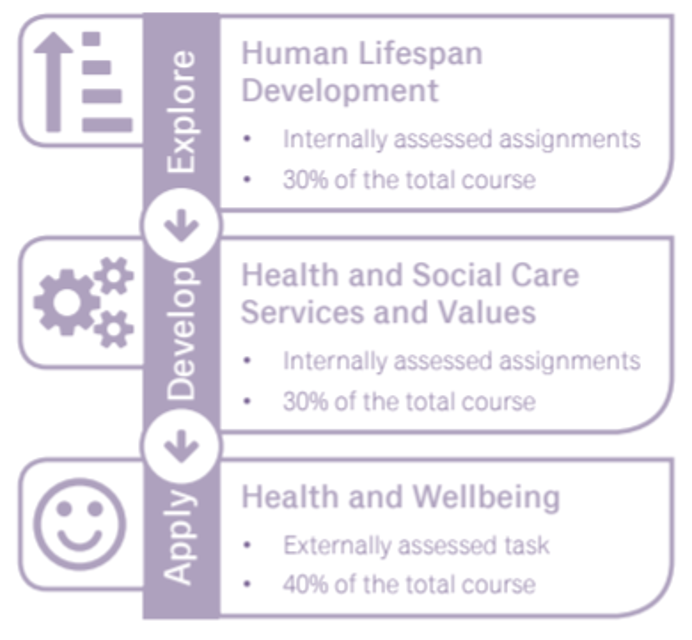Science
Our aim is to stimulate an interest and enjoyment of Science in a positive and encouraging learning environment. We aim to ensure every child achieves academic excellence and we are very proud of our Science curriculum which has been developed to ensure every child can succeed. Year 10 and 11 Students are supported in reaching their targets and aspirations by Interventions sessions. Pupils are encouraged to ask questions and to seek answers through practical and investigative group work. We support the school’s ethos to foster a ‘can do’ and resilient approach to every challenge and to develop an empathy and understanding for our local community. Further curricula opportunities are provided through our Science and STEM Clubs and our students have successfully taken part in Regional and National STEM competitions and challenges such as the Autonomous Vehicle challenge, where our students had to design and build a Model car run by their computer programme and the Rocket Challenge. Our annual Space exploration evening for local primary schools is very popular. We also ensure Students experience STEM career opportunities through initiatives such as Medical Mavericks, Forensic Science day, Engineering trip and Science Careers workshops.
Click here to view our curriculum intent document.
Overview of the Science Curriculum
KS3 Curriculum (Year 7-8)
Biology
- Cells, organs, tissues, systems
- Animal Reproduction
- Muscles and Bones
- Variation
- Food and Digestion
- Plants and reproduction
- Breathing and respiration
- Unicellular organisms
Chemistry
- Separating mixtures
- Acids and Alkalis
- Particle model
- Elements, compounds, mixtures
- Combustion
- Periodic table
- Metals and uses
- Rocks and their uses
Physics
- Energy
- Electricity
- Forces
- Sound
- Fluids
- Light
- Transferring energy
- Earth and space
KS4 Curriculum (Year 9-11)
- Edexcel GCSE 9-1 Combined Science and GCSE 9-1 Biology, GCSE 9-1 Chemistry and GCSE 9-1 Physics
Biology
- Key concepts in Biology
- Cells and Control
- Genetics
- Natural selection and genetic modification
- Health, disease and development of medicines
- Plant structures and functions
- Animal coordination, control and Homeostasis
- Exchange and transport in Animals
- Ecosystems and material cycles
Chemistry
- States of matter
- Methods of separating and purifying substances
- Atomic structure
- The periodic table
- Ionic bonding
- Covalent bonding
- Types of substances
- Acids and Alkalis
- Calculations involving masses
- Electrolytic processes
- Obtaining and Using metals
- Reversible reactions and Equilibria
- Groups in the Periodic table
- Rates of Reaction
- Heat energy changes in Chemical reactions
- Fuels
- Earth and Atmospheric Science
- Transition metals, alloys and corrosion*
- Quantitative analysis*
- Dynamic equilibria, calculations involving volumes of gases*
- Chemical cells and fuel cells*
- Hydrocarbons*
- Alcohols and Carboxylic acids*
- Polymers*
- Qualitative analysis, tests for Ions*
- Bulk and surface properties of matter, including Nanoparticles*
*GCSE Chemistry only
Physics
- Motion
- Forces and Motion
- Conservation of Energy
- Waves
- Light and the Electromagnetic spectrum
- Radioactivity
- Energy-Forces doing work
- Forces and their effects
- Electricity and Circuits
- Magnetism and the Motor effect
- Electromagnetic Induction
- Particle Model
- Forces and Matter
- Astronomy*
*GCSE Physics only
BTEC Health and Social care
This exciting and challenging course will introduce students to the health and social care sector. By studying this award, our pupils will gain important knowledge, understanding and skills that are the foundation for working in this area. This will include many of the skills that are used by healthcare professionals on a day to day basis such as assessing peoples health and well being and designing individualised healthcare plan. They will also learn about healthcare services and the importance of care values with the opportunity to apply these in real realistic scenarios tomorrow.
Assessment:
The course is made up of three components: two internally assessed and one that’s externally assessed. The three-block structure, explore, develop and apply, has been developed to allow students to build on and embed their knowledge. This allows them to grow in confidence and then put into practice what they have learned. The BTEC assessment structure is also designed so that students can build on what they learn, and develop their assignment skills, as they move through the course.

Beyond the Classroom
- STEM Club
- Space Exploration evening
- Forensic Science Day
- Medical mavericks
- Autonomous Vehicle challenge: First prize
- Lego space challenge: First prize
- Building bridge competition: Third prize
- Colchester Zoo: design an animal enclosure
- UKROC Rocket Challenge: UK Finalists
- Robotic and EFIT challenge in collaboration with Technology Department: First prize
- GCSE Science Intervention residential weekend



